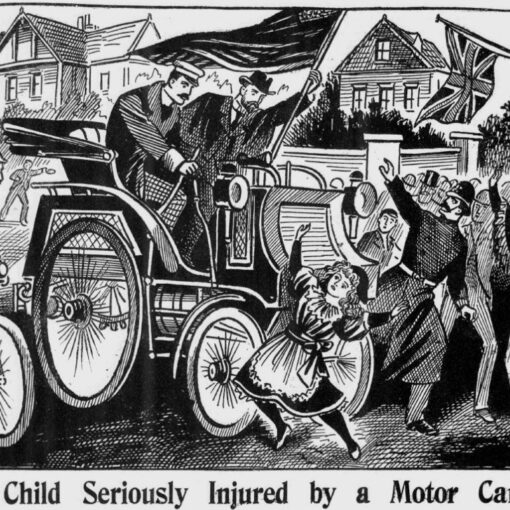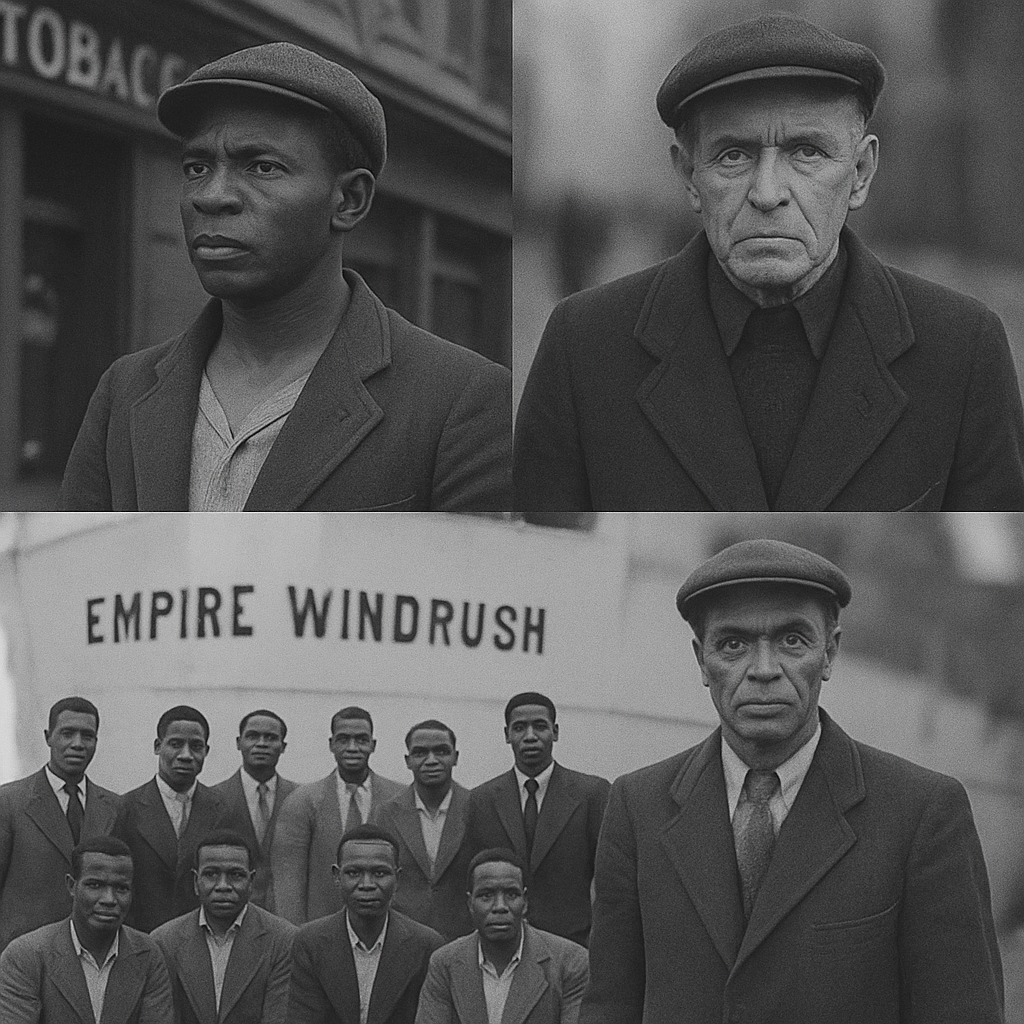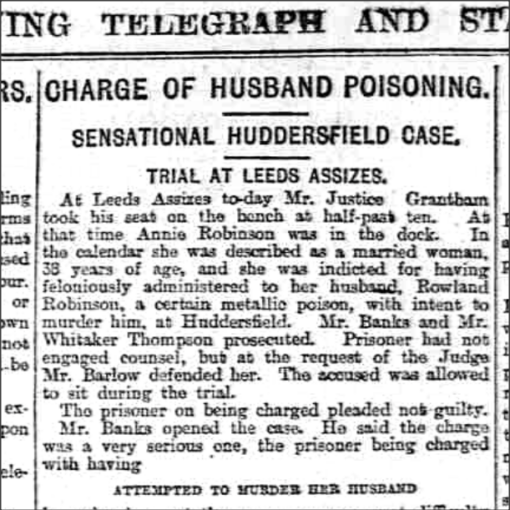
Born in the late 1700s in Trinidad, Peregrine Clarke came to England as a servant. Described in the media as a “handsome young man of colour” he seemed to be quite a charmer. He did have quite an extraordinary life. His time in England ended suddenly when found guilty of robbery. He was sentenced to transportation in 1818 on board the ship Justitia which sailed from Woolwich on the 29th of August bound for Hobart, Tasmania. By the mid 1830s Peregrine’s charges were lifted and from there he started a new life in Australia by marrying his sweetheart Charlotte Stevens and having six daughters and three sons – the descendants of which are, as far as I know, still alive today.
It seems that Peregrine Clarke was quite successful in business and opened several public houses in the years that followed. He died on the 15th of January, 1851 at the age of 55 and is buried at Hobart St Davids Anglican cemetery.
In 1818 news of his criminal adventures in England were reported in The Morning Post on the 10th of August:
Domestic Treachery
Peregrine Clarke, a handsome young man of colour, apparently a about 24 years of age, was charged on two indictments, with stealing a large quantity of linen, wine, a gold watch, and many other articles, the property of James Harris Esq., in his dwelling-house at Barnes, in this county.
It appeared that from the opening of Mr. Holland, the substance of which was proved in evidence, that the prisoner had been brought from the settlement of Trinidad by a widow lady, with whom his mother and other relatives lived as favoured servants.
Being desirous of leaving her employment she recommended him in very favourable terms to the prosecutor. Soon after coming into his service, ill health obliged Mr. Harris to retire into Suffolk, and the prisoner from that period commenced his course of depredations. These he carried to a very great extent, making his late mistress a present of a gold watch, wine, and other things, which he had purloined from his master.
At length, to conceal his guilt, as he thought, in the most effectual manner, he wrote a letter to his master, stating very circumstantially that the house had been broken open in the night; that he had been slightly wounded in a conflict with the robbers, who, at length, had effected their escape, after plundering the house of a great many valuables.
To give more effect to his deception, he went at the same time that he wrote his letter, and laid an information at Bow Street. Taunton, the officer, repaired to the spot, and to the greater mortification of “Poor Peregrine”, discovered that the house had never been broken from without, but that all the injury had been done from within.
Pursuing the investigation to which the circumstance served as a clue, the active and ingenious officer soon discovered where the false servant had concealed in some of the property; and, by a letter, which he had received from a young lady, which was in the prisoner’s possession, discovered where he had deposited a great deal more in a trunk.
The property was produced, and identified; and the Jury found him guilty upon both indictments.
Ann Rudderham, a fellow servant of the last prisoner, and who appeared to have been seduced by him into malpractices, was also indicted for stealing some other articles, the property of Mr. Harris, but from some circumstances which were disclosed in the evidence by Ann Dodson, a fellow servant of hers, the Jury were induced to find her Not Guilty.
Ian Waugh
Old British News




